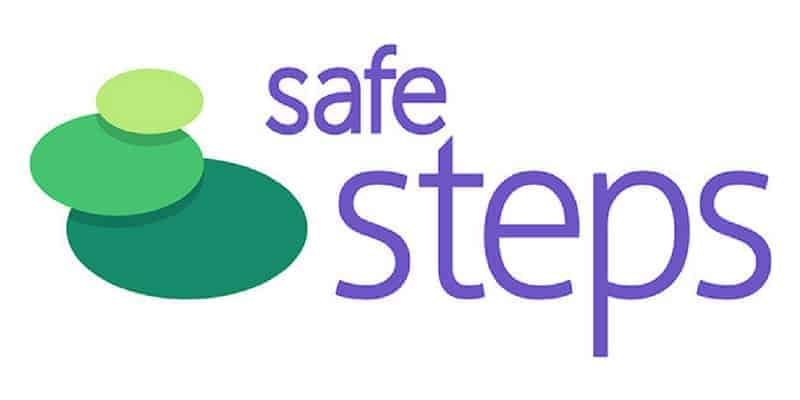Just like people, relationships come in all shapes and sizes. What works for a particular couple may not always work for you and yours. However, a strong and healthy relationship is built on a few common principles.

Comfort
Communication
Are you able to speak honestly? Can you disagree with your partner without it turning into a fight? Do you and your partner listen to each other?
You should be able to be truthful without being scared of how your partner will respond. In a healthy relationship, you shouldn’t be expected to hide things. You should feel that your partner treats you and your opinions with respect and that you can work together towards a compromise if your opinions conflict with each other.
You should also be able to set boundaries between yourself and your partner without losing trust. While many think that jealousy and possessiveness is a sign of intense love, in a healthy relationship each party is allowed their own time and space. If your partner keeps accusing you of cheating or not loving them enough, then you may have to assess whether they are truly listening.
You should also be able to celebrate each other’s successes and support each other without rivalries or resentments getting in the way. Communicating in the love language that each other responds to is a good sign of a healthy relationship. You and your partner should also be taking ownership of the impact of your behaviour or words, no matter the original intention. When something goes wrong, there should be no throwing around blame. Instead, all parties should be ready to take responsibility for their actions and admit wrongdoing.
Most importantly, all parties in a healthy relationship should be equally invested. The relationship should feel balanced. Someone may put in more money, time, support, and/or resources sometimes, but the outcome should feel even and fair for everyone. Your needs, interests, and preferences should be held at an equal level to your partner’s, and you should feel like you’re being listened to when you communicate your desires to them.

Consent
Consent is:
- Reversible – The person giving it should be allowed to change their mind at any time.
- Informed – The person should know exactly what they’re saying yes to.
- Enthusiastic – The person should not be hesitant to say yes.
- Specific – The consent applies to a particular act or situation, not every act or situation in the future from that moment on.

1800 RESPECT – (1800 737 732)
– 24-hour national support line where you can get information and support on sexual assault, domestic, and family violence.

Safe Steps Family Violence Response Centre – 1800 015 188 (support line) or 03 9322 3555
– 24-hour response line that provides access to professional support and referrals to local family violence services.

Sexual Assault Crisis Line – 1800 806 292
– Crisis counselling line for victims of both past and recent sexual assault. Operates between 5 pm to 9 am on weeknights, and throughout weekends and public holidays.





Are you comfortable with this person? Do you trust them? Can you relax when you’re with them?
In a healthy relationship, you should be able to be yourself around your partner. If you often feel like you’re walking on eggshells or navigating rules you can’t figure out, you may want to assess whether you are comfortable in this relationship. Constant criticism and put-downs that put you on edge can also be a sign that something isn’t working.
Your relationship should also progress at a pace that you’re comfortable with. In a healthy relationship, everyone is on the same page. You or your partner mustn’t feel rushed or pressured into moving faster than you’re all comfortable with and potentially becoming overwhelmed.